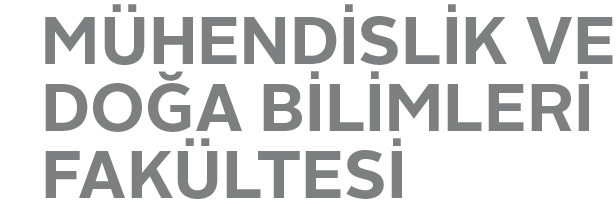Cognitive Aspects of Computational Modeling and Simulation in
Teaching and Learning
Prof. Osman Yaşar, State University of New York
Abstract: We discuss cognitive aspects of modeling and simulation using a computational model of the mind that is based on student learning data and an iterative cycle of deductive and inductive processes. The model is aligned with empirical research from cognitive psychology and neuroscience and it opens door to a whole series of future studies on computational thinking.
Bio: Prof. Osman Yaşar holds an endowed professorship at the State University of New York since 2007. He has a broad academic background (engineering physics, nuclear theory, and computer science). He was one of the early users of supercomputing in mid-80s and his career has since been devoted to the advancement of research and education in computational science and engineering.
In research, he developed parallel algorithms and codes for fusion plasmas, ignition and combustion in engines, gas dynamics in compressors, molecular dynamics, particle transport, radiation dose computations, and many other challenging problems. In addition to his programming and research expertise, he developed new centers, maintained supercomputing resources, and administered user bases. In mid-90s, he served as the President of Intel Supercomputer Users Group and founded a vendor-independent high-performance computing (HPC) users group. In education, he established the first undergraduate degree program in computational science in the United States (1998) and took part in the establishment of similar programs both in the United States and elsewhere including a graduate program at İTÜ (2004). Faced with declining enrollments in computing and natural sciences, he launched a K-12 outreach project that eventually led to the development of a computational pedagogical content knowledge (CPACK) framework for teacher education. He has trained about 1000 teachers in the past decade and conducted empirical research that has led to a model for how the mind learns. He published more than 70 peer-reviewed articles and conference papers and served a guest editor for some journals. He testified before the U.S. Congress on the effectiveness of his educational methodology and was also honored in 2005 by the Association of Turkish Journalists as one of the leading national icons living abroad.
February 1, 2016 – 11:40-12:30, FASS G022

